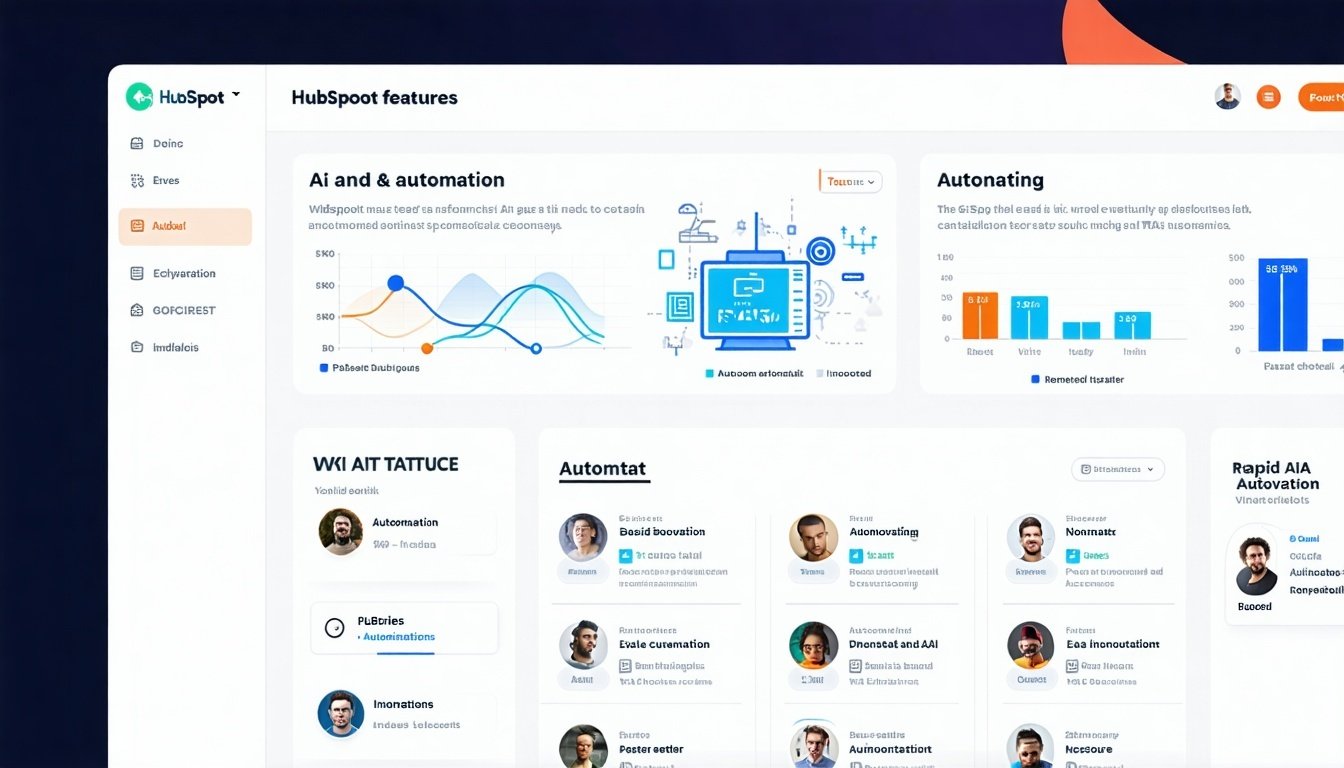Five Common Limitations to Know When Integrating Marketo with Salesforce

Integrating Marketo with Salesforce can provide numerous benefits to businesses in terms of streamlined processes and improved efficiency. However, there are certain limitations to be aware of when combining these two powerful platforms. In this blog post, we will discuss five common limitations that everyone should know about when integrating Marketo with Salesforce, along with the benefits of using Salesforce Marketing Cloud (MC) over Marketo. Keep in mind that this list is not all-inclusive.
Limitations
1. Bidirectional Sync
Bidirectional sync is limited to leads, contacts, and Salesforce campaigns, while all other syncs are from Salesforce to Marketo only.
Example: Account information is not synced bidirectionally, so updates made in Marketo will not be reflected in Salesforce.
Impact: This can impact the business by causing discrepancies in data between the two systems, leading to potential miscommunication and inefficiencies within the sales and marketing teams.
The benefit of MC: Salesforce Marketing Cloud, on the other hand, is built to work seamlessly with Salesforce CRM, ensuring better data consistency and reducing the risk of such discrepancies.
2. Sync Cycle
The sync cycle occurs approximately every five minutes, which may cause a delay in data updates between the two systems.
Example: If a lead's information is updated in Marketo, it may take up to five minutes for the change to be reflected in Salesforce.
Impact: This delay can impact the business by slowing down the sales process and potentially causing missed opportunities if the sales team is not working with the most up-to-date information.
The benefit of MC: Salesforce Marketing Cloud, being a part of the Salesforce ecosystem, offers real-time data synchronization, ensuring that sales and marketing teams have access to the most current information.
3. Records May Fail to Sync
Records may fail to sync due to missing fields, required values, validation errors, or improper sync setup.
Example: If a required field in Salesforce is not filled out in Marketo, the record will not sync between the two systems.
Impact: By allowing the sales and marketing teams to use incomplete or inaccurate data, this could have an adverse effect on the business by potentially causing miscommunication and inefficiencies.
The benefit of MC: Salesforce Marketing Cloud being natively integrated with Salesforce CRM reduces the risk of such sync issues and ensures a smoother data flow between the two platforms.
4. Data Formatting
Data formatting is crucial for a successful integration, so ensure that Marketo is passing values that are acceptable for Salesforce.
Example: If a date format in Marketo does not match the format in Salesforce, the data may not sync correctly.
Impact: This can impact the business by causing discrepancies in data between the two systems, leading to potential miscommunication and inefficiencies within the sales and marketing teams.
The benefit of MC: Salesforce Marketing Cloud being part of the Salesforce ecosystem is that it ensures better data consistency and reduces the risk of formatting issues.
5. Custom Fields
Custom fields must be created in Salesforce first to show up in both Salesforce and Marketo.
Example: If you create a custom field in Marketo without creating it in Salesforce first, the field will not be available in Salesforce.
Impact: This can impact the business by causing discrepancies in data between the two systems, leading to potential miscommunication and inefficiencies within the sales and marketing teams.
The benefit of MC: Salesforce Marketing Cloud being natively integrated with Salesforce CRM is that it simplifies the process of creating and managing custom fields, ensuring better data consistency and reducing the risk of such discrepancies.
Potential Issues When Integrating Marketo with Salesforce CRM
Despite the benefits of integrating Marketo with Salesforce CRM, it's essential to be aware of potential issues that may arise if you decide to move forward with this integration. Here are some common challenges that businesses may face:
1. Multiple "Sources of Truth"
When two systems look for the same data, it can be challenging to determine which one is the source of truth. For example, is it the data from Marketo that shows an email was opened, or is it the data in the CRM that shows no engagement due to a sync issue? This ambiguity can lead to confusion and inefficiencies within the sales and marketing teams.
2. Shadow IT Costs
Integrating Marketo with Salesforce CRM may require additional resources and support. Will your IT team pull lists from the CRM, or will you need to hire an outside partner to manage the integration? These hidden costs can impact your overall budget and resource allocation.
3. Data Leakage
When integrations fail, data may disappear or become inaccessible. This data leakage can lead to incomplete or inaccurate information, adversely affecting the sales and marketing teams' performance and decision-making.
4. Continued Integration Maintenance
Custom integrations between Marketo and Salesforce CRM may require ongoing maintenance and updates, especially when either Salesforce or Marketo updates their platforms. It's crucial to consider who will be responsible for fixing and maintaining the integration to ensure a seamless and efficient data flow between the two systems.
By being aware of these potential issues, businesses can better prepare for the challenges of integrating Marketo with Salesforce CRM and make informed decisions about whether this integration is the right choice for their organization.
How Vantage Point Consulting Can Help
At Vantage Point Consulting, we are a Salesforce-certified Marketing Cloud partner dedicated to helping organizations maximize their investment in Salesforce, including navigating the complex landscape of integrations. Our team of experts understands the challenges and limitations that can arise when integrating Marketo with Salesforce CRM, and we provide guidance and support to ensure a seamless and efficient integration process. By leveraging our experience and expertise, we are able to help businesses make the most of their Salesforce CRM and marketing automation investments while minimizing the risks associated with integration challenges.
Conclusion
Integrating Marketo with Salesforce CRM can offer numerous benefits to businesses, such as streamlined processes and improved efficiency. However, it is essential to be aware of the potential limitations and challenges when combining these two powerful platforms. By considering the benefits of using Salesforce Marketing Cloud over Marketo and working with a trusted partner like Vantage Point Consulting, businesses can make informed decisions about the best integration options for their organization.
Understanding and addressing the common limitations of integrating Marketo with Salesforce CRM can help businesses mitigate potential issues and maximize the benefits of their marketing automation and CRM investments. By partnering with a Salesforce-certified Marketing Cloud partner like Vantage Point Consulting, organizations can confidently navigate the integration landscape and ensure they are making the right choices to drive success and growth.




